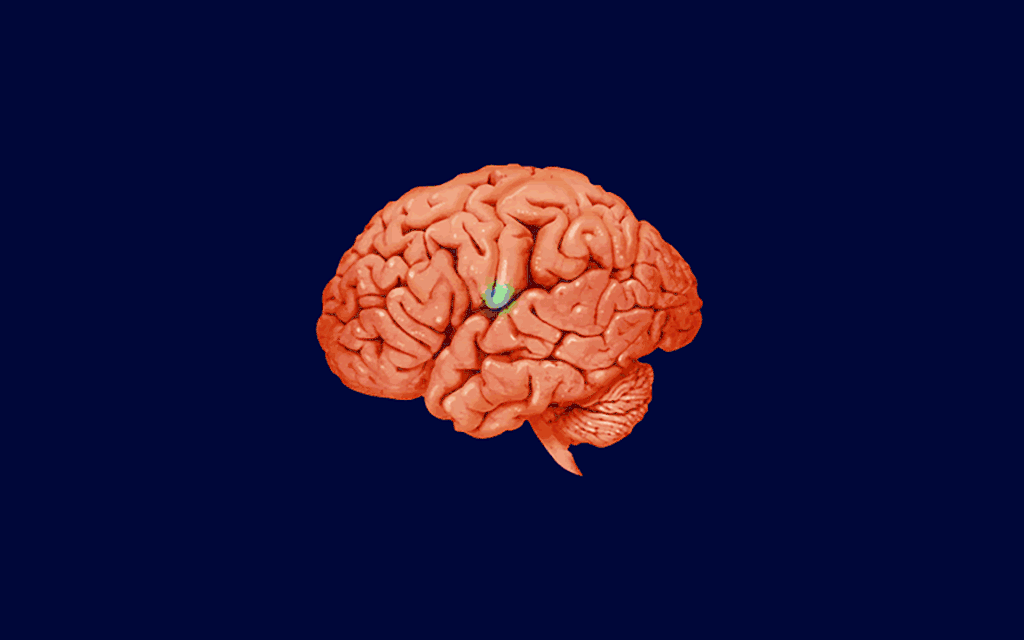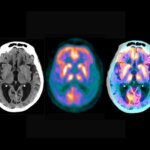Researchers at the University of Colorado released a new study suggesting that a drug commonly used for increasing white blood cells after cancer treatment, may also be effective for patients with Alzheimer’s disease.
The study was released in Alzheimer’s & Dementia: Translational Research and Clinical Interventions.
According to the Colorado-based research group, a clinical trial was conducted on rodents, demonstrating how the active compound granulocyte-macrophage colony-stimulating factor (GM-CSF) of a drug known as Sargramostim could diminish amyloid deposition associated with Alzheimer’s disease.
The study is one of the first of its kind to test Sargramostim and report evidence of successful restoration of memory function after weeks of treatment.
“The researchers carried out a randomized, double-blind, placebo-controlled phase II trial to test the safety and efficacy of Sargramostim treatment in participants with mild-moderate Alzheimer’s disease,” the findings detailed.
“Study participants who met eligibility criteria were randomized to receive injections of either Sargramostim (20 participants took a standard FDA dosage 250 mcg/m2/day subcutaneous injection for five days a week for three weeks) or placebo (20 participants took saline for five days a week for three weeks).”
The results illustrate the potential for an effective short-term treatment for patients with cognitive decline.
“This surprising finding that stimulating the innate immune system and modulating inflammation may be a new treatment approach and induced us to start a larger trial of Sargramostim in Alzheimer’s disease with more participants treated over a longer time,” the study unveiled.


